Description
ABSTRACT
Reflections and Prospects of The Arbitration and Mediation Bill (AMB) 2022
Denis Ogunbowale*
Creating a healthy dispute-resolution framework is integral to every country’s sustainable and prosperous existence. This is partly because foreign investors that want to invest in a country always research a country’s legal framework before doing so. This makes it an important metric in measuring the ease of business levels within a country. This is also because the efficiency or otherwise of the dispute resolution mechanisms strongly impacts people’s confidence in them. Governments, therefore, are always working to ensure that they are efficient. In May 2022, the Nigerian Senate passed the AMB 2022 to improve the alternative dispute resolution (ADR) framework. This article highlights notable provisions of AMB 2022, its effect on the Nigerian economy/society and recommendations where necessary.
Keywords: Arbitration, Mediation, ADR, AMB 2022.
INTRODUCTION
Disputes in everyday life are inevitable due to individuals’ and communities’ diversity of culture, beliefs, and opinions. This variance in perception is as old as man itself and is best illustrated by the famous Indian parable of the “Blind Men and an Elephant” where blind men touched different parts of an elephant, and all guessed wrong. Therefore, the creation of dispute-resolution mechanisms was imperative to maintain peace and harmony in society. This has been done historically through recognised group leaders such as chief priests, chiefs, monarchs and elders who presided over matters referred to them and gave their judgement.
In recent times, the conventional method of settling disputes is through litigation. Although litigation is effective, it has its shortcomings, such as high costs, slow pace, reliance on technicality as opposed to substantive justice, and a zero-sum game1 implication. These shortcomings discourage persons who desire expeditious resolution of their disputes from using the litigation route. Sometimes, parties in Court usually opt for out-of-court settlement, which courts usually enter into as consent judgement after parties have filed their settlement terms.2 This is a serious problem which governments have to tackle as speed of dispute resolution is an important metric to determine the ease of business levels within their respective countries.
* Finance and Dispute Resolution Associate at LeLaw Barristers & Solicitors (with contributions from Francisca Ogunbowale ACArb)
- According to the Cambridge Business Dictionary (2012), a zero-sum game is a mathematical representation in game theory and economic theory of a situation which involves two sides, where the result is an advantage for one side and an equivalent loss for the other. In other words, player one’s gain is equivalent to player two’s loss, therefore the net improvement in benefit of the game is zero.
- In Vulcan Gases Ltd v Okunlola [1993] 2 NWLR (Pt.274) 139,142 156[B]-[C], the Court of Appeal held per Achike, J.C.A. that “A “consent judgment” presuppose out of court settlement reached by the parties and the terms of the said settlement or agreement are furnished to the court and form the basis of the court’s judgment in the suit. The terms of such settlement mutually agreed by the parties and embodied in the record of the court constitute what is called a consent judgment. It binds the parties thereto as any other lawful judgment of a court of competent jurisdiction.” See also Order 39 Rules 6 and 7 of the High Court of Lagos State (Civil Procedure) Rules 2019.

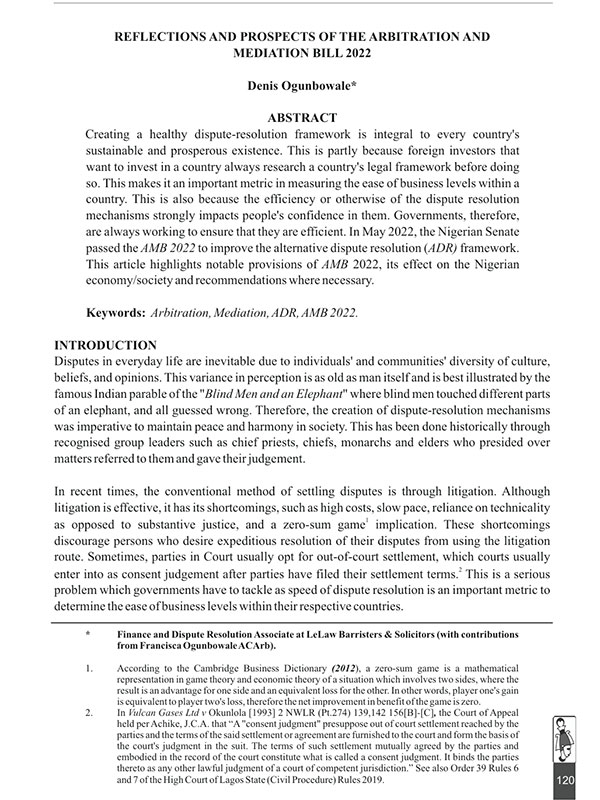
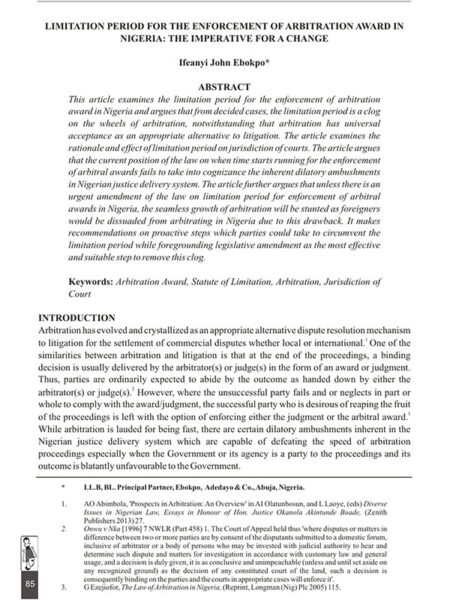
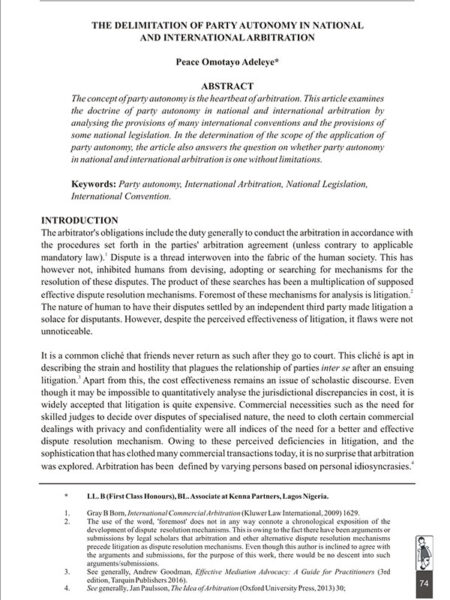
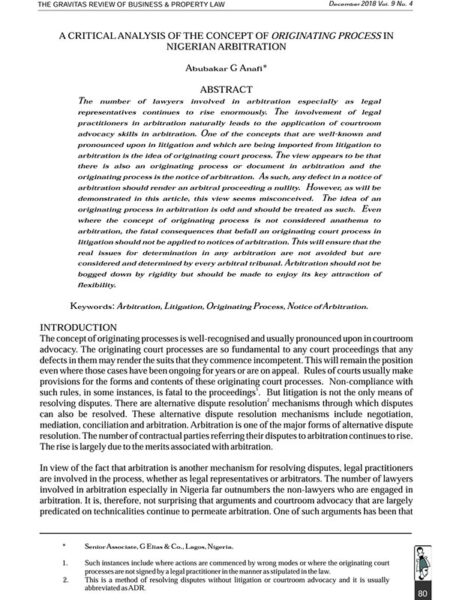
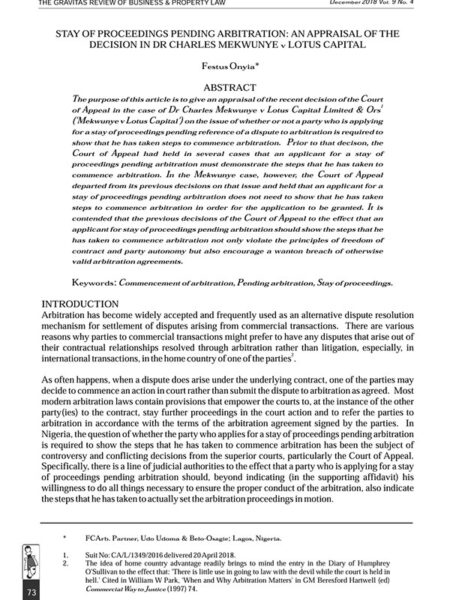


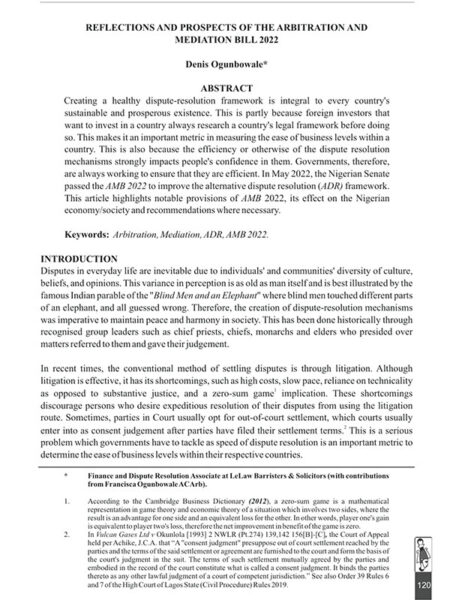
Reviews
There are no reviews yet.